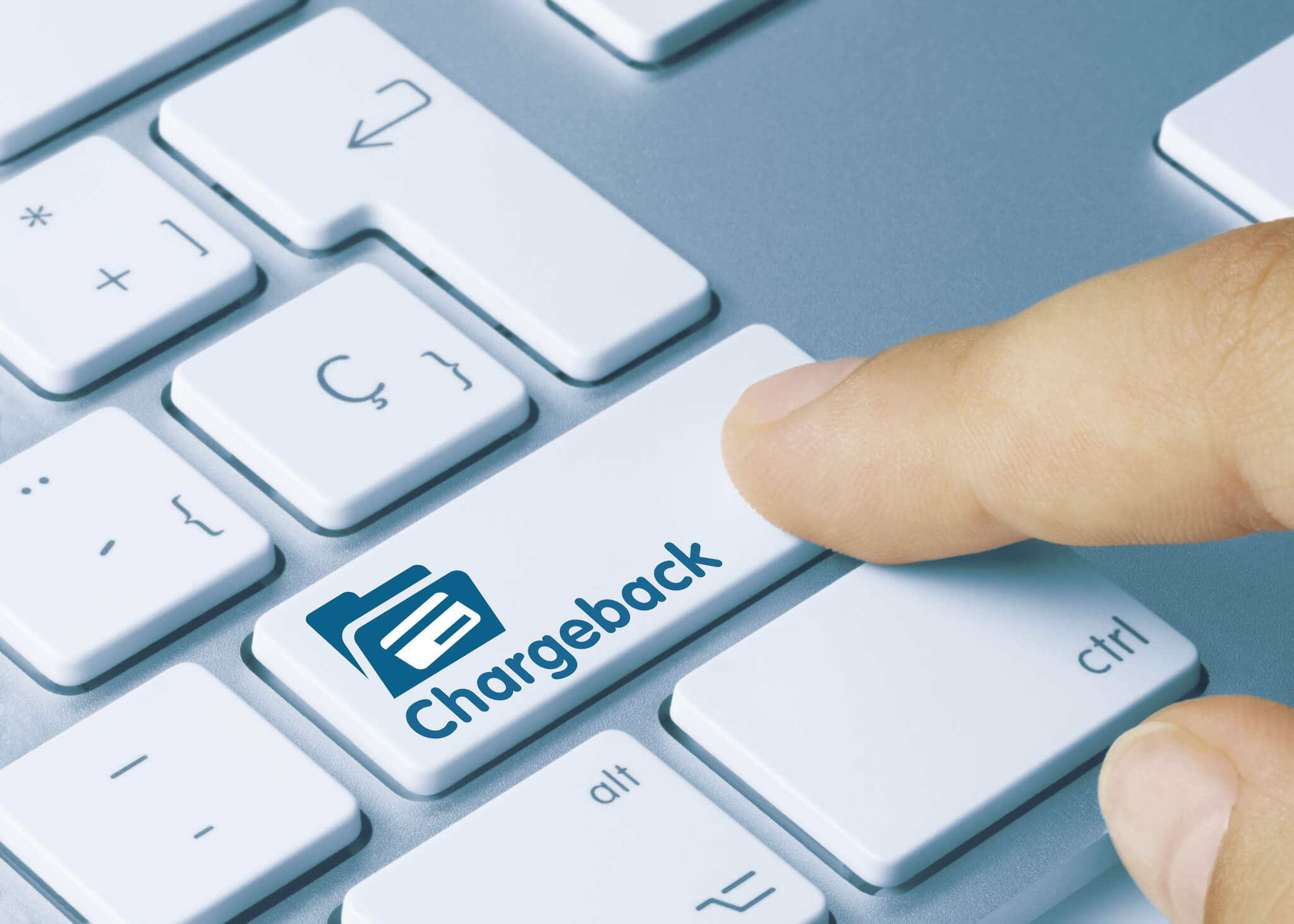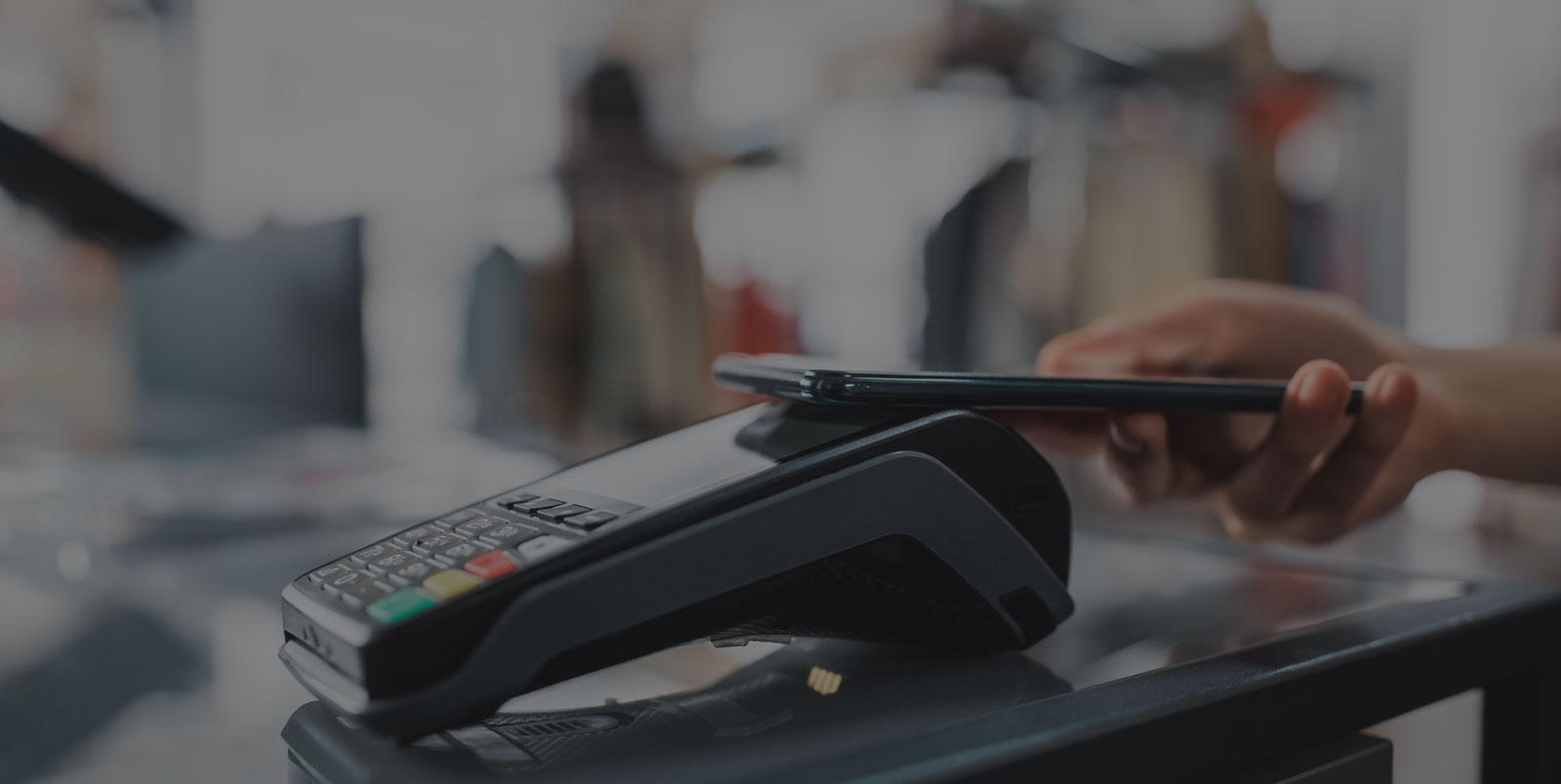
By admin August 13, 2024
In the CBD oil industry, chargebacks play a crucial role in ensuring fair and secure transactions between businesses and consumers. Chargebacks occur when a customer disputes a transaction and requests a refund from their bank or credit card company. This process is designed to protect consumers from fraudulent or unauthorized charges, but it can also have significant implications for CBD oil businesses.
Chargebacks are important in the CBD oil industry because they can impact a business’s reputation, financial stability, and ability to process payments. When a chargeback is initiated, the merchant is typically required to provide evidence to prove that the transaction was legitimate and that the customer received the product or service as promised. Failure to successfully dispute a chargeback can result in financial losses, increased fees, and even the termination of merchant accounts.
Understanding the Chargeback Process: A Step-by-Step Guide
To effectively navigate the chargeback process in the CBD oil industry, it is essential to understand the steps involved. The process typically begins when a customer contacts their bank or credit card company to dispute a transaction. The bank then initiates an investigation and notifies the merchant of the chargeback.
Upon receiving notification of a chargeback, the merchant must gather evidence to support their case. This may include order details, shipping information, customer communication, and any other relevant documentation. The merchant then submits this evidence to their payment processor or acquiring bank, who reviews the information and decides whether to accept or dispute the chargeback.
If the chargeback is accepted, the merchant’s account is debited for the disputed amount, and the customer receives a refund. If the chargeback is disputed, the acquiring bank or payment processor will present the evidence to the customer’s bank or credit card company for further review. The final decision rests with the customer’s bank, and the merchant may be required to provide additional evidence or documentation to support their case.
Common Reasons for Chargebacks in the CBD Oil Industry
Chargebacks can occur for a variety of reasons in the CBD oil industry. Some of the most common reasons include:
- Unauthorized or fraudulent transactions: Customers may dispute a charge if they believe their credit card was used without their permission or if they suspect fraudulent activity.
- Non-delivery of products: If a customer does not receive the CBD oil products they ordered, they may initiate a chargeback to request a refund.
- Dissatisfaction with product quality: Customers may dispute a charge if they are unsatisfied with the quality or effectiveness of the CBD oil products they purchased.
- Subscription billing issues: CBD oil businesses that offer subscription-based services may encounter chargebacks if customers are billed incorrectly or if they are not properly informed about recurring charges.
- Misleading or false advertising: If a customer feels that the CBD oil business misrepresented their products or made false claims in their advertising, they may initiate a chargeback.
Chargeback Prevention Strategies for CBD Oil Businesses
While chargebacks are an inevitable part of doing business in the CBD oil industry, there are several strategies that businesses can implement to minimize their occurrence. These include:
- Clear and transparent communication: CBD oil businesses should provide clear and accurate information about their products, pricing, and billing practices to avoid misunderstandings and customer dissatisfaction.
- High-quality products and customer service: By delivering high-quality CBD oil products and providing excellent customer service, businesses can reduce the likelihood of chargebacks due to product dissatisfaction.
- Accurate and detailed product descriptions: CBD oil businesses should provide accurate and detailed descriptions of their products, including ingredients, dosage instructions, and any potential side effects, to ensure that customers have realistic expectations.
- Secure payment processing: Implementing secure payment processing systems can help prevent unauthorized transactions and reduce the risk of chargebacks due to fraud.
- Clear refund and cancellation policies: CBD oil businesses should clearly communicate their refund and cancellation policies to customers to avoid confusion and potential chargebacks.
The Role of Merchant Accounts and Payment Gateways in Chargebacks

Merchant accounts and payment gateways play a crucial role in the chargeback process for CBD oil businesses. A merchant account is a type of bank account that allows businesses to accept credit card payments. Payment gateways, on the other hand, are the technology platforms that facilitate the secure transmission of payment information between the customer, merchant, and acquiring bank.
When a chargeback occurs, the merchant’s payment gateway is responsible for notifying the merchant and providing them with the necessary information to dispute the chargeback. The payment gateway also acts as a liaison between the merchant and the acquiring bank, facilitating the submission of evidence and supporting documentation.
Merchant accounts and payment gateways also play a role in chargeback prevention. They can provide businesses with tools and resources to monitor and manage chargeback ratios, identify potential fraudulent transactions, and implement fraud prevention measures.
Chargeback Disputes: How to Handle and Resolve Them Effectively
Handling and resolving chargeback disputes effectively is crucial for CBD oil businesses to protect their financial interests and maintain a positive reputation. Here are some steps businesses can take to handle chargeback disputes:
- Gather evidence: Collect all relevant documentation, including order details, shipping information, customer communication, and any other evidence that supports the legitimacy of the transaction.
- Review chargeback reason codes: Familiarize yourself with the reason codes provided by the customer’s bank or credit card company. This will help you understand the specific grounds on which the chargeback was initiated and tailor your response accordingly.
- Respond promptly: It is important to respond to chargeback notifications promptly to ensure that you meet the required deadlines for submitting evidence and disputing the chargeback.
- Provide clear and concise documentation: When submitting evidence to dispute a chargeback, ensure that your documentation is clear, concise, and relevant. Include any information that supports your case and addresses the specific reason for the chargeback.
- Maintain open communication: Stay in contact with your payment processor, acquiring bank, and the customer’s bank throughout the chargeback process. This will help ensure that all parties have the necessary information and can make informed decisions.
Chargeback Regulations and Compliance in the CBD Oil Industry
The CBD oil industry is subject to various regulations and compliance requirements when it comes to chargebacks. These regulations are in place to protect consumers and ensure fair and transparent business practices. CBD oil businesses must be aware of and comply with these regulations to avoid penalties and maintain their ability to process payments.
One important regulation is the Fair Credit Billing Act (FCBA), which provides consumers with certain rights and protections when it comes to billing disputes. Under the FCBA, consumers have the right to dispute charges for goods or services they did not receive, were not as described, or were charged incorrectly.
Additionally, CBD oil businesses must comply with the rules and guidelines set forth by the major credit card associations, such as Visa and Mastercard. These associations have specific chargeback thresholds and ratios that businesses must adhere to in order to maintain their merchant accounts.
Chargeback Fraud: Identifying and Preventing Illegitimate Claims
Chargeback fraud, also known as friendly fraud, occurs when a customer initiates a chargeback for illegitimate reasons, such as claiming non-receipt of goods when they have actually received them. This type of fraud can have significant financial implications for CBD oil businesses.
To identify and prevent chargeback fraud, businesses can implement the following measures:
- Order verification: Implement a robust order verification process to ensure that the customer’s information matches the billing and shipping addresses. This can help identify potential fraudulent transactions.
- Delivery confirmation: Require customers to sign for deliveries or provide tracking numbers to confirm that the products were received.
- Customer communication: Maintain open lines of communication with customers to address any concerns or issues before they escalate to chargebacks.
- Fraud detection tools: Utilize fraud detection tools and services that can help identify suspicious transactions and patterns.
- Chargeback monitoring: Regularly monitor chargeback ratios and patterns to identify potential instances of chargeback fraud.
Frequently Asked Questions (FAQs)
Q.1: What is the chargeback ratio, and why is it important for CBD oil businesses?
The chargeback ratio is the percentage of chargebacks a business receives compared to its total number of transactions. It is an important metric that payment processors and acquiring banks use to assess the risk associated with a CBD oil business. A high chargeback ratio can result in increased fees, financial penalties, and even the termination of merchant accounts.
Q.2: Can CBD oil businesses dispute chargebacks?
Yes, CBD oil businesses can dispute chargebacks by providing evidence and documentation that supports the legitimacy of the transaction. However, the success of a chargeback dispute depends on the strength of the evidence and the specific reason for the chargeback.
Q.3: How can CBD oil businesses prevent chargebacks due to non-delivery of products?
CBD oil businesses can prevent chargebacks due to non-delivery of products by implementing secure shipping methods, requiring delivery confirmation or signatures, and providing customers with tracking numbers to monitor the progress of their shipments.
Q.4: Are there any chargeback prevention tools specifically designed for the CBD oil industry?
Yes, there are chargeback prevention tools and services available that are specifically designed for the CBD oil industry. These tools utilize advanced algorithms and machine learning to identify potential fraudulent transactions and patterns, helping businesses prevent chargebacks.
Conclusion
Chargebacks are an integral part of the CBD oil industry, and understanding the chargeback process is crucial for businesses to protect their financial interests and maintain a positive reputation. By implementing chargeback prevention strategies, maintaining open communication with payment processors and acquiring banks, and complying with relevant regulations, CBD oil businesses can minimize the occurrence of chargebacks and effectively handle and resolve disputes when they arise.
By prioritizing customer satisfaction, delivering high-quality products, and implementing secure payment processing systems, CBD oil businesses can build trust with their customers and reduce the risk of chargebacks.

